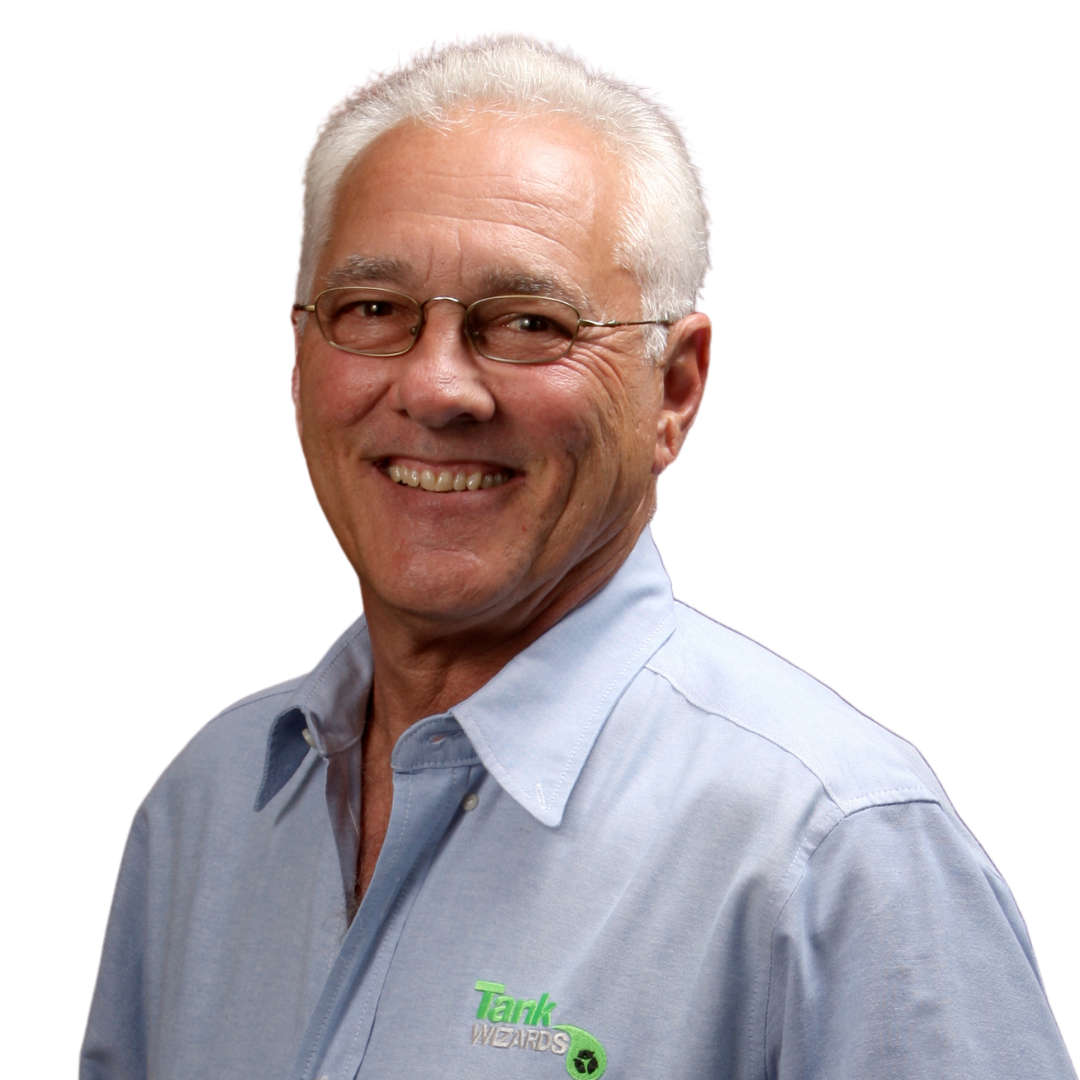Fuel Tank Rules Ensure Safety for People, Environment

When Gen. Douglas MacArthur noted that “rules are mostly made to be broken,” the famous World War II warrior was probably not thinking about fuel storage tanks. For owners of these tanks, breaking the rules and laws established by federal and state regulatory agencies is a bad idea.
The disregard of the exhaustive laws that apply to companies, organizations and individual entities that use and store fuel carries serious consequences, least of which are hefty fines. Failure to adhere to regulations can pose a safety risk that places employees and the public in danger and also opens the door to costly lawsuits. There are obvious reasons these regulations exist in the first place — they minimize the chance for spillage and resulting threat to people and environment.
Both state and federal agencies have fuel storage regulations that, in general, address the types of containers approved for the storage, the quantity of fuel that may be stored in a given size tank, the inspection requirements for these containers and ancillary equipment and the qualifications for individuals involved in fuel storage tasks.
Federal regulations, extensive for both above and underground fuel storage tanks, address issues such as construction, location and maintenance, but federal regulations are only half of the picture. Each state has its own set of regulations on the matter, and some are even stricter than federal counterparts.
The State of Florida, a leader in storage tank compliance, was one of the first states to adopt rules for both above-ground and underground fuel storage tanks. About 24,000 regulated storage tank facilities in the state are carefully monitored through inspections conducted by storage tank compliance inspectors.
Regulations are in place for stationary above-ground tanks with a capacity larger than 550 gallons and underground tanks greater than 110 gallons in capacity. Owners must report the existence of their tanks, including their location and size, to the DEP so they can be registered in the agency’s Equipment Approval/Registration List. For the storage system to receive approval, the tanks need secondary containment, spill containment and overfill protection, and must successfully go through start-up testing to ensure integrity.
Florida regulations are particularly sensitive to the vulnerability of these containers in the event of a hurricane. Florida’s Department of Environmental protections, as well as the Department of Agriculture and Consumer Services, offer detailed instructions for facilities that incorporate fuel storage to ascertain these storage containers are protected during tropical storms and hurricanes.
Because regulations are so complex, it is best to consult and coordinate with experts who can ascertain all the necessary boxes are checked. Not being aware of the requirements is no excuse and will not free you from fines and liability. In this case, following rules may take a little longer than ignoring them, but it is definitely the right path to take.
Tank Wizards is one of the few elite professional companies specializing in the critical niche market of tank cleaning and fuel polishing.
For more information, visit tankwizards.com or call 321-285-8878.
Meet Our Thought Leader

Wendall Stroderd is the founder and president of Tank Wizards Inc., founded in 2012. Tank Wizards is a Florida-based company that started in fuel tank cleaning, fuel filtration and fuel maintenance and has since grown into being a full-service petroleum solutions contractor.
Wendall works closely with regulatory agencies, such as the EPA, to not only understand and implement the most stringent interpretations of today’s codes and standards but to be a hands-on asset and source of information for refining and improving practices and policies for the future.
Though Tank Wizards serves the private and government sectors in all areas of bulk fuel storage needs, the vast majority of the work performed by Tank Wizards is directly connected to Fuel Quality Assurance in the critical needs applications of Emergency Standby Power Systems. This specialization has led to the development of testing and tank cleaning procedures not found elsewhere.
From the Archives
Dec. 2023: Tank Wizards Avert Fuel Contamination With a Gallon of Prevention
Sept. 2023: Call the Pros to Avoid Old Fuel Tank Woes
June 2023: No Disruption During Storm Season
April 2023: Tank Wizards Keeps Engines (and Life) Running With Clean Fuel





